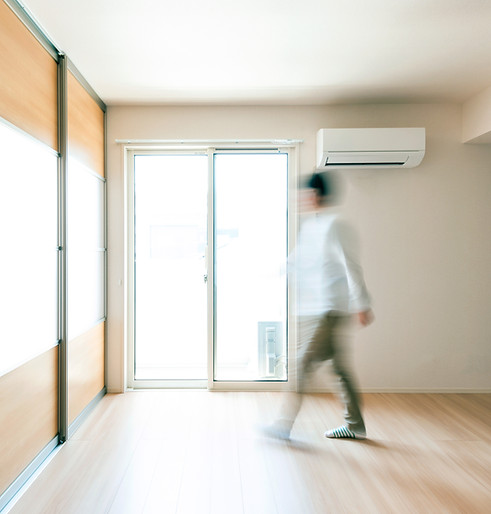top of page
call for a free quote on new equipment: 979-421-6279
Frequently Asked Questions
We understand that you may have questions about our services. Here are some frequently asked questions that we hope will address your concerns. If you have any additional questions, please don't hesitate to contact us.

Frequently asked questions
Frequently asked questions
General
Yes. In our area it gets extremely hot so regular maintenance especially on your air conditioning unit is VERY important. When anything is operating virtually non-stop for months on end, it needs regular maintenance—just like your car. Without the regular maintenance of a tune-up, you lose efficiency and money. In addition, regular maintenance can extend the life of your system.
A free estimate is provided when a home/business owner wishes to receive an estimate or quote for a new installation, replacement or upgrade without having to diagnose and report findings for an existing unit if one is present, usually this type of appointment is performed by our owner or a management team member. A diagnostic is performed when a home/business owner wishes to discover the nature of the malfunctioning system and wants to repair the unit, this type of appointment is performed by a service technician.
The frustration of a system breakdown can make it tempting to solve the problem with a quick-fix repair that doesn’t cost you a lot of money. That way you can get on with your busy life in relative comfort. But while a quick fix may be the least expensive solution in the short run, it may not give you the most value in the long run. It’s a fact of life: Older systems are more likely to break down. That means a bigger chance of emergency service calls and repairs—and paying for them.
There’s also an ongoing cost factor. Repairing an old system can only restore it to something less than its original level of efficiency. After you’ve recovered from the repair bill and the frustration of a system breakdown, you’ll still be battling high energy bills. What’s more, even a system that doesn’t break down loses efficiency as it ages. A 15-year-old system doesn’t operate anywhere near the efficiency it had when it was new!
Plus, when compared with modern, technologically advanced equipment, 15-year-old systems are considered inefficient by today’s standards. The average homeowner can save up to 40% on energy costs with new high-efficiency equipment.
Here are some rules of thumb to help you decide whether to replace or repair your system:
Replace your system if:
· it is more than 10 years old and only in average condition.
· it does not keep you as comfortable as you would like.
· it breaks down frequently.
· you will be living in your home for at least five more years.
Repair your system if:
· it is less than 10 years old and in good condition.
· your heating and cooling costs have been acceptable.
· you’re pleased with your level of comfort.
· its performance is reliable.
· you will be moving within the next five years.
· it is still under warranty.
We recommend changing your air filter every 30 days. Changing your air filter is not only important to filter out the basic contaminates that are flowing through the air of your home, but it is also important to change air filters regularly because a dirty and clogged filter will add extra stress and pressure on your heating unit, air conditioning system, and all other parts connected to the system. If this stress and pressure continues for a long enough time, you can expect the system to finally break and need expensive repairs.
“Indoor air quality,” or IAQ, is a relatively new topic in environmental safety. While a lot of attention has been placed on outdoor pollution over the past few decades, the focus on indoor air quality is just beginning. The quality of a home’s air mainly has to do with the amount of pollutants inside, but it’s also determined by humidity and ventilation levels. The U.S. Environmental Protection Agency has found that concentrations of pollutants can be up to 100 times higher than outdoors. The American Lung Association estimates that most people spend 90% of their time indoors, so clean indoor air is very important.
bottom of page